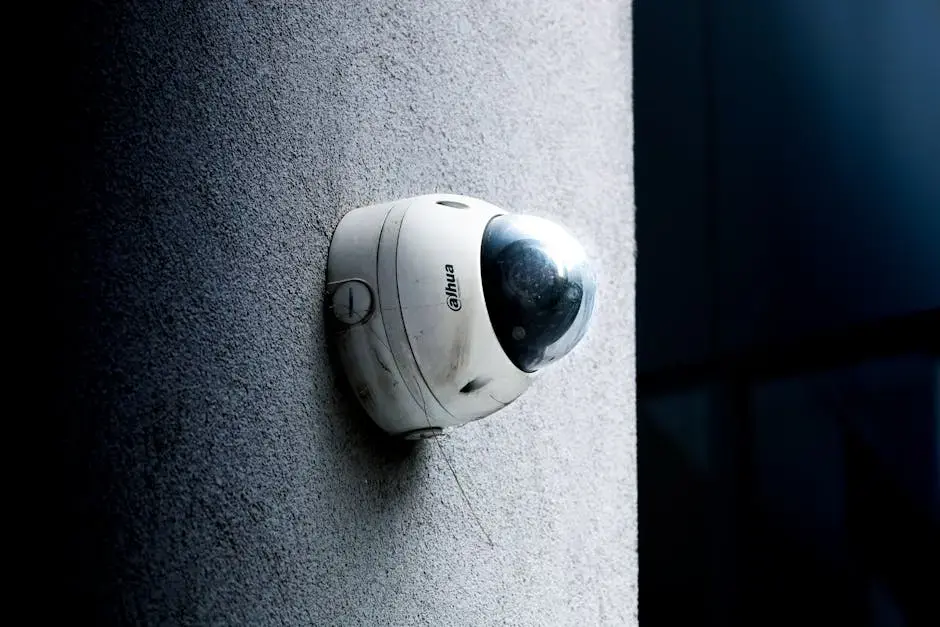What Qualifications Should a Protection Detail Have?
- Kfir Goldin
- Feb 9, 2025
- 3 min read
When it comes to ensuring safety and security, a professional protection detail is crucial. But what exactly should these individuals be qualified in? Let's break down the essential qualifications that make a protection detail effective and trustworthy.

Understanding the Role of a Protection Detail
Before diving into qualifications, it's essential to understand what a protection detail does. Their primary responsibility is to ensure the safety of individuals, often in high-risk scenarios.
The responsibilities of protection details can vary widely. From celebrity protection to safeguarding executives, the context changes, but the need for trained professionals remains constant.
This versatility means that a one-size-fits-all approach to qualifications won’t suffice. Each situation might demand a unique blend of skills and experiences, making it vital to match the right person to the right scenario.
Essential Training and Certifications
Protection details should have relevant training and certifications, such as in self-defense, first aid, and emergency response. These skills are critical for handling various situations.
Many professionals pursue additional certifications in defensive driving or tactical operations, which can be invaluable during critical interventions. This training equips them to act decisively when needed.
Furthermore, continual education in the latest security technologies, surveillance methods, and behavior analysis can enhance their ability to spot potential threats before they escalate.
Experience in Security or Military Background
Experience plays a significant role in the effectiveness of a protection detail. Many professionals come from military or law enforcement backgrounds, offering valuable insights and skills.
Having a military or police background isn't just a bonus; it often means the individual has faced real-life pressures and developed instinctual responses that can be crucial during emergencies.
Such experience also contributes to a deep understanding of situational awareness. These professionals can read a room and recognize when something feels 'off,' which is an essential skill for any protection detail.
Understanding of Risk Assessment
Knowing how to assess potential risks is vital. A good protection detail must evaluate threats and develop strategies to mitigate them effectively.
Risk assessment involves not only identifying threats but also understanding the environment and the needs of the client. This nuanced approach ensures that measures are not just reactive but proactive.
Professional training in risk analysis can help detail members anticipate possible dangers, making them better prepared to act when the unexpected occurs.
Communication and Coordination Skills
Effective communication within a protection team and with clients is crucial. Coordination ensures that everyone knows their role, especially during critical moments.
A well-coordinated protection detail operates like a finely tuned machine. Each member must understand their responsibilities and be ready to communicate seamlessly to respond efficiently.
In addition to internal communication, building rapport with the client can foster trust, which is valuable during high-stress situations. This relationship allows for clearer expectations and better teamwork.
Physical Fitness and Preparedness
Physical fitness is a non-negotiable qualification. A protection detail must be in top shape to react swiftly and effectively in emergencies.
Ultimately, being in good shape not only boosts the individual’s confidence but also assures clients that they have capable protectors by their side.
Regular fitness training also incorporates drills and simulations, allowing team members to practice and improve their reactions under stress, ensuring they are always primed for action.
Commitment to Ongoing Training and Improvement
The security landscape evolves constantly. Therefore, a commitment to ongoing training and staying updated on the latest techniques is essential for any protection detail.
This dedication can involve attending conferences, participating in workshops, or even engaging in online courses to sharpen their skills regularly.
Moreover, sharing learnings within the group fosters team growth and ensures that all members are aligned with the most current best practices in security.
Wrapping Up: The Key Takeaways on Protection Detail Qualifications
Understanding the qualifications required for a protection detail can help you make informed decisions when hiring security personnel. Remember, it's not just about having the right credentials, but also about the skills and experience they bring to the table.




Comments